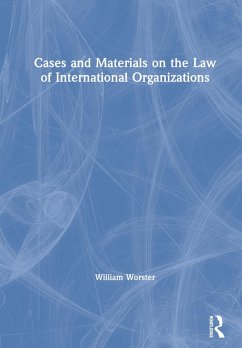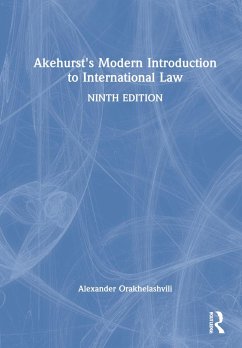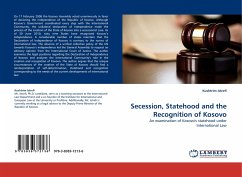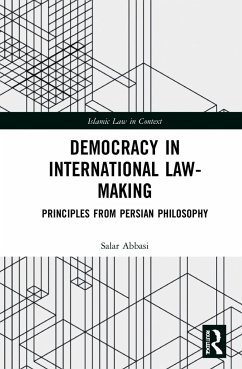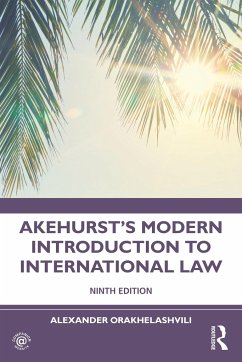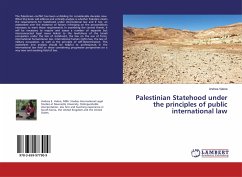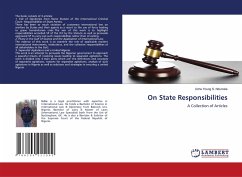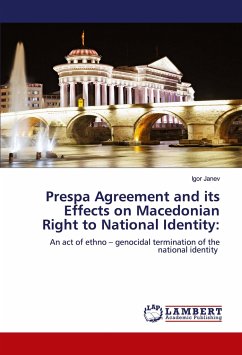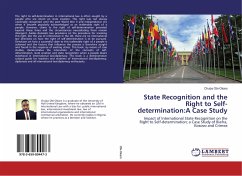
State Recognition and the Right to Self-determination:A Case Study
Impact of International State Recognition on the Right to Self-determination; a Case Study of Biafra, Kosovo and Crimea
Versandkostenfrei!
Versandfertig in 6-10 Tagen
33,99 €
inkl. MwSt.

PAYBACK Punkte
17 °P sammeln!
The right to self-determination in international law is often sought by a people who are intent on state creation. This right was not always universally recognised until the post World War II and independence era when it became popularly acknowledged as an inalienable right of a people. However, claims to the right of self-determination persisted beyond those times and the circumstances necessitating them remain divergent. Asides domestic law provisions on the procedure for invoking this right, like the use of referendum in the UK, there are no international law directives on how the right of ...
The right to self-determination in international law is often sought by a people who are intent on state creation. This right was not always universally recognised until the post World War II and independence era when it became popularly acknowledged as an inalienable right of a people. However, claims to the right of self-determination persisted beyond those times and the circumstances necessitating them remain divergent. Asides domestic law provisions on the procedure for invoking this right, like the use of referendum in the UK, there are no international law directives on how the right of self-determination is to be pursued. Directions on how a successful claim to this inalienable right of a people is achieved and the factors that influence the process is therefore sought and found in the response of existing states. This book, by means of case studies, demonstrates the interaction of the concepts of self-determination, state creation and state recognition when a people desire statehood in international law/diplomacy. This book is a demonstrative subject guide for teachers and students of international law/diplomacy, diplomats and all international law/diplomacy enthusiasts.



